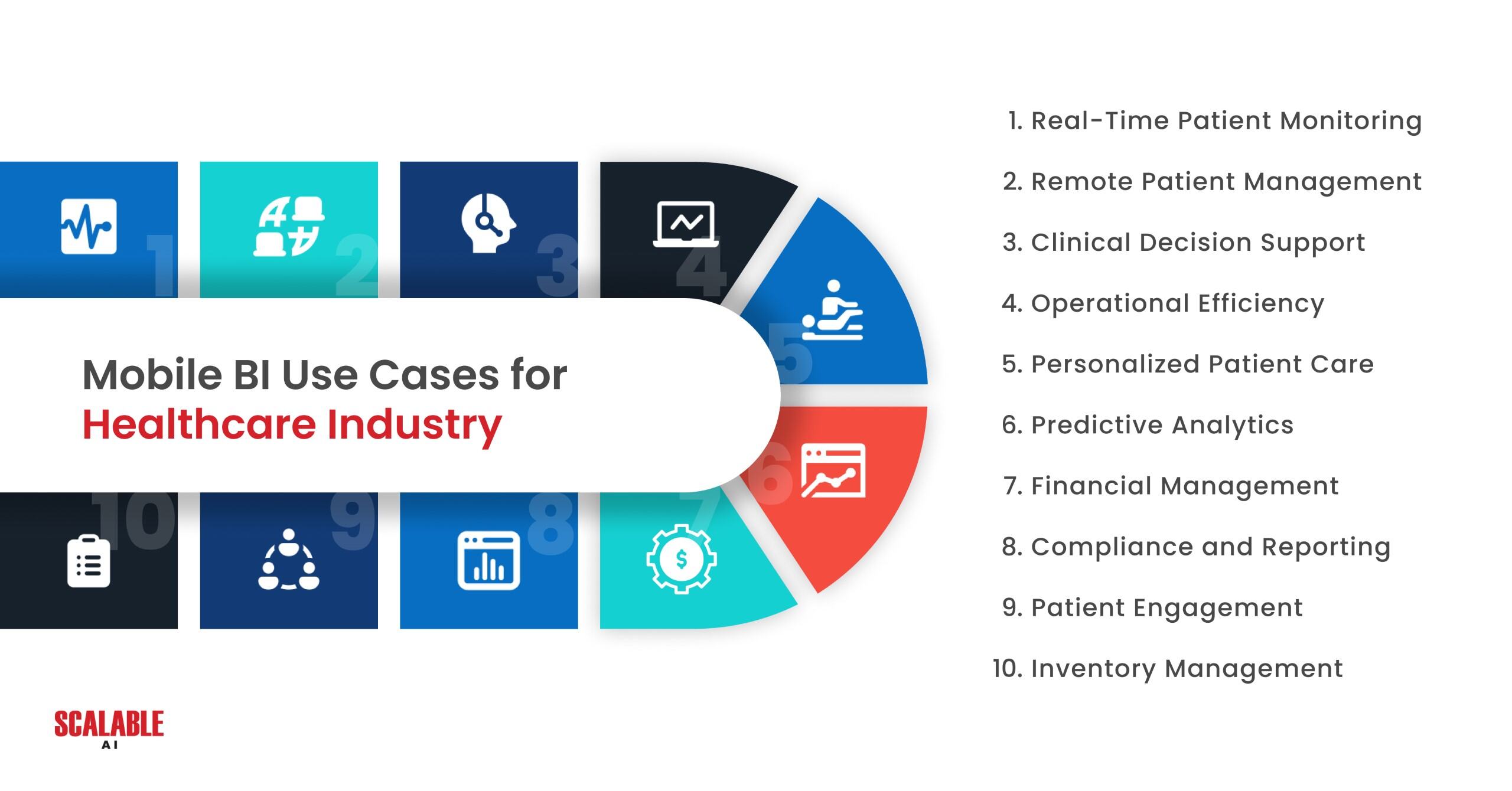Business Intelligence (BI) in retail empowers modern-day retailers to delve deep into their customer data, uncovering valuable insights that inform smarter business decisions. From identifying buying patterns to tracking customer journeys and monitoring product performance, BI solutions have become indispensable assets for retail success. By integrating BI capabilities with data management and analytics, retailers can harness real-time access to critical data, ensuring they meet their customers’ evolving needs and preferences.
In this blog, we provide a complete roadmap to understanding the crucial role of BI in the retail industry. We’ll highlight its advantages through real-world examples, guide you through the essential integrations, and explore the core features of effective retail BI solutions. Additionally, we’ll offer insights into the top BI tools available and share tips on selecting the right platform to drive your retail business forward.
What is Retail Business Intelligence?
Retail Business Intelligence (BI) is a technology-enabled process that helps retailers uncover actionable insights by analyzing data to make informed decisions on inventory stocking, product placement, pricing, marketing, and more. By presenting accurate insights to decision-makers, Retail BI enables retailers to:
- Enhance customer satisfaction and retention by understanding customer preferences.
- Optimize merchandise planning to ensure the availability of the right products.
- Strategize marketing campaigns by efficiently targeting the right audience.
- Identify new sales opportunities by seizing untapped potential.
Role of Business Intelligence in the Retail Industry
Retailers are increasingly turning to BI tools to extract valuable insights from their vast data, enabling them to deliver exceptional value to customers. Here’s how BI can transform various aspects of retail:
Enhancing the Shopping Experience
Business intelligence plays a crucial role in understanding customer interactions with eCommerce stores. For instance, personalized product suggestions based on shopping history can significantly enhance the shopping experience.

Real-Time Decision-Making
Access to real-time data is a game-changer for retailers, allowing them to swiftly adapt to market fluctuations, changing customer preferences, and emerging trends. Whether adjusting merchandise offerings or modifying prices, real-time data ensures retailers stay competitive.
Bridging the Gap Between Online and Offline
Brick-and-mortar stores can leverage BI to balance their online and in-store inventory, offering cost-effective options like in-store pickups or online purchases. Retail giants like Home Depot and Walmart are already optimizing inventory management and enhancing customer experiences through BI.
Consistency Across Channels
In the omnichannel retail era, providing a consistent shopping experience across multiple channels is key. BI facilitates expanded access to operational and customer data, enabling retailers to create a uniform shopping experience across all touchpoints, whether online, in-store, or via mobile apps.
Predictive Power
Predicting inventory needs is another area where BI shines. BI allows retailers to foresee stock shortages and proactively replenish their inventory, reducing costs and enhancing efficiency.
The Emergence of the Retail Business Intelligence Ecosystem
The retail industry is undergoing a transformation with the integration of BI, which helps translate raw data into meaningful insights for better decision-making. This is particularly useful in enhancing customer engagement, where real-time data tools play a crucial role. By understanding customer histories, habits, and interests, retailers can connect with customers more effectively and provide exceptional service.
Benefits of Business Intelligence in the Retail Industry
BI helps retailers operate more intelligently and agilely. Here are some major benefits that BI brings to the retail industry:
Optimizing Store Floor Plans
BI software helps retailers design floor plans that allow customers to shop efficiently. By analyzing various data sets, BI can recommend floor plans that enhance the shopping experience.
Improved Inventory Management
BI solutions simplify inventory management, ensuring optimal stock levels, reducing inventory costs, and improving order management. This helps retailers avoid overstocking or understocking issues.
Supply Chain Efficiency
BI provides key insights from day-to-day operations, enabling retailers to create logical forecast models and eliminate logistical bottlenecks.
Cost Reduction
One of the most compelling benefits of BI in retail is its ability to drive significant cost reductions by identifying areas where unnecessary expenses can be trimmed.
Enhanced Customer Experience
BI enables retailers to gain deep insights into customer behavior, allowing them to create personalized shopping experiences and improve customer service.
Deeper Understanding of Customer Behavior
With BI, retailers can discover who their customers are, how they behave, and what they want, boosting customer experience and enhancing marketing initiatives.
Conclusion
Business Intelligence (BI) is a transformative force in the retail industry, offering significant benefits in customer engagement, inventory management, and cost reduction. By leveraging BI tools, retailers can make informed decisions that drive success and stay ahead in a competitive market.
Read Whitepaper Mobile Business Intelligence:Empowering Decision on the Go
